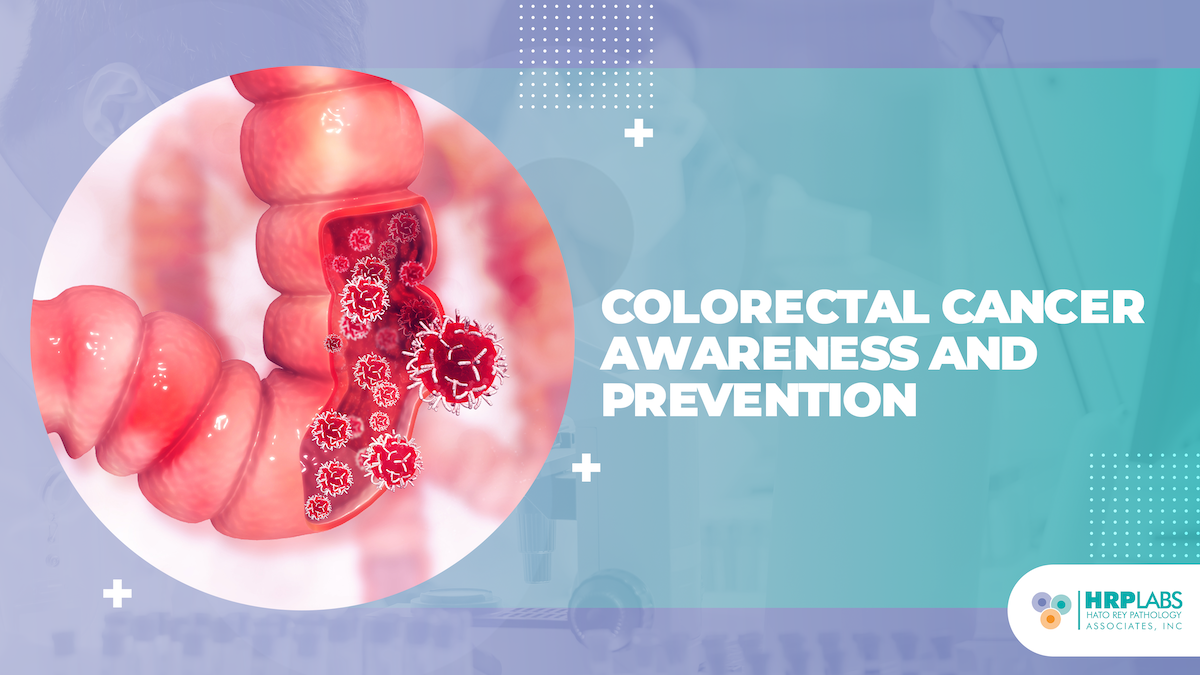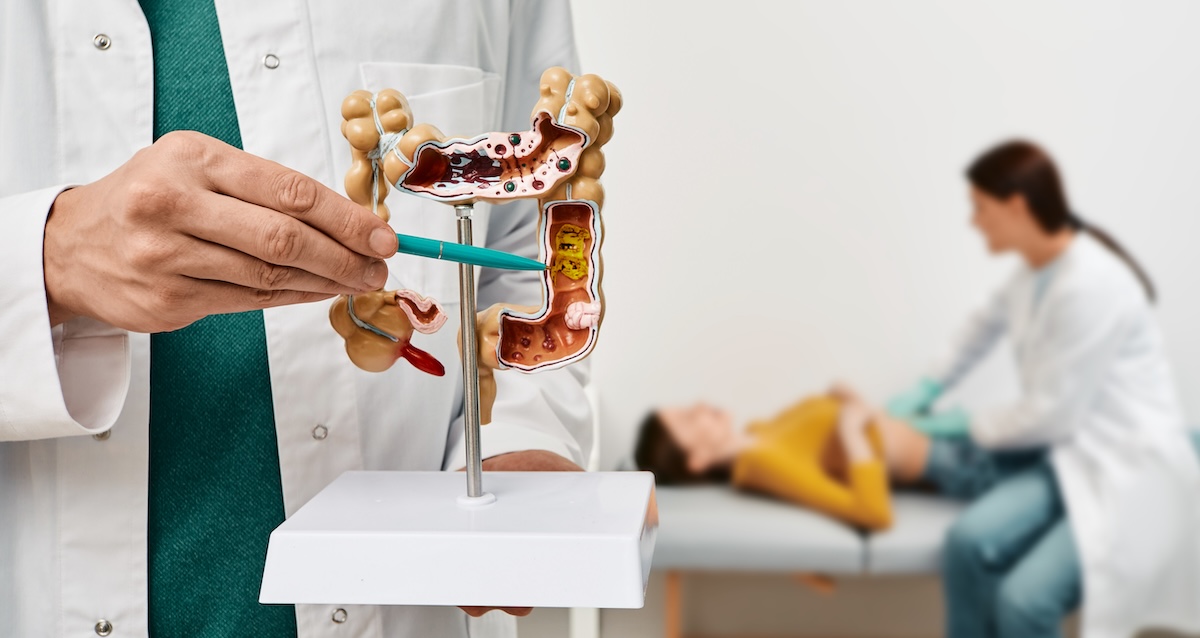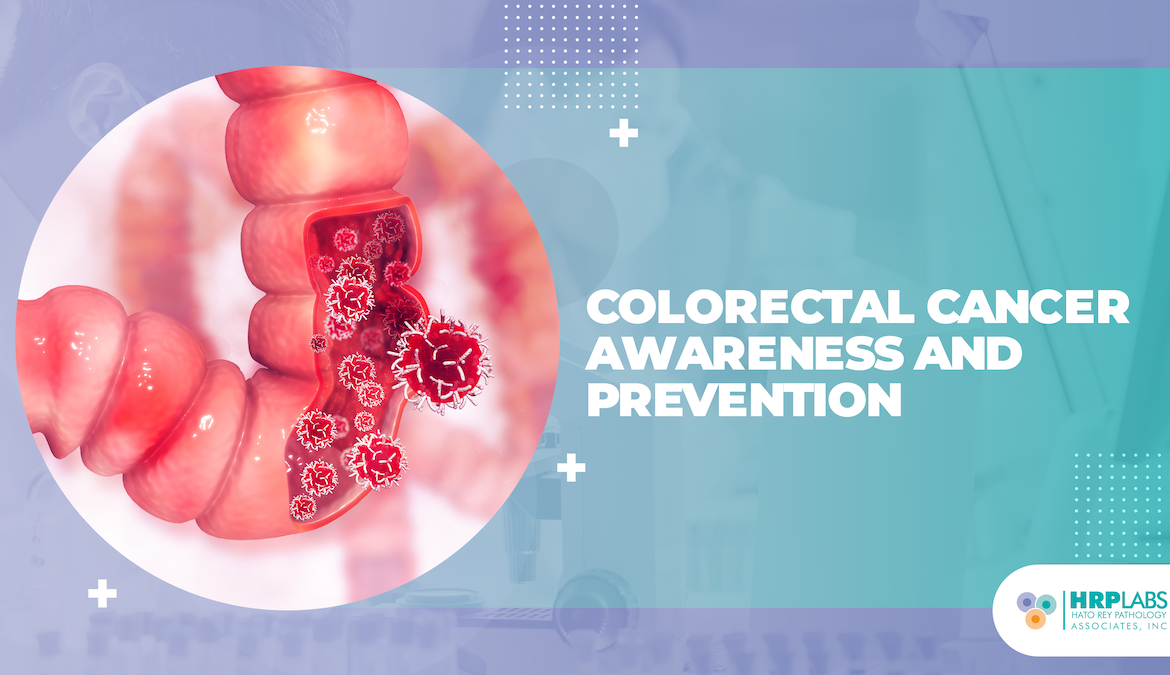
We are entering March, a month that highlights the importance of being aware of the dangers and prevention methods of colorectal cancer. This cancer is among the most common cancers worldwide, and statistics have shown an uptick in cases among younger populations. Despite its prevalence, early detection and prevention efforts can be lifesaving. In this month’s blog, we delve into the potential symptoms, causes, diagnosis methods, and most importantly, prevention strategies of colorectal cancer.
Understanding Colon and Rectum Cancer
Colorectal cancer begins in the colon or rectum, which are parts of the large intestine. This cancer usually develops slowly over several years, starting as small growths called polyps that can turn malign over time.
Potential Symptoms
As with most cancers, early stages of colon and rectum cancer may not show noticeable symptoms. However, as the disease progresses, individuals may experience:
- Persistent changes in bowel habits. This includes diarrhea, constipation, or changing stool consistency.
- Blood in the stool or rectal bleeding
- Abdominal discomfort, cramps, or pain
- Weakness or fatigue
- Unexplained weight loss
- Feeling like your bowel doesn’t empty completely
It’s essential to consult a healthcare professional if you experience any of these symptoms, as they may also indicate other health issues.
Potential Causes
The exact cause of colorectal cancer isn’t fully understood, but several factors may increase the risk:
- Age: The risk of colorectal cancer increases with age, with the majority of cases occurring in individuals over 50. However, as stated previously, colorectal cancer is becoming more and more common in younger age groups.
- Family History: Having a close relative with colorectal cancer or polyps increases the risk.
- Inflammatory Bowel Diseases: Conditions like Crohn’s disease and ulcerative colitis can increase the risk.
- Lifestyle Factors: A diet high in red and processed meats, obesity, smoking, excessive alcohol consumption, and physical inactivity may contribute to the risk.

Diagnosis
Early detection through screening is crucial for improving outcomes. Common diagnostic methods include:
- Colonoscopy: This procedure allows doctors to examine the entire colon and rectum for polyps or signs of cancer.
- Flexible Sigmoidoscopy: Similar to a colonoscopy but examines only the lower part of the colon.
- Fecal Occult Blood Test (FOBT): This test detects blood in the stool, which can be a sign of colorectal cancer.
- Imaging Tests: CT scans, MRI scans, and X-rays may be used to visualize the colon and rectum.
- FNA: Endoscopic fine needle aspiration guided by ultrasound can be a very accurate form of colorectal cancer diagnosis.
Prevention
Prevention plays a significant role in reducing the risk of colon and rectum cancer. Here are some key strategies:
- Know Your Family History: If you have a family history of colorectal cancer or polyps, talk to your doctor about earlier or more frequent screening.
- Screening: Regular screening starting at age 50 (or earlier for individuals with risk factors) can detect polyps or cancer early when treatment is most effective.
- Healthy Lifestyle: Limit red and processed meats, exercise regularly, quit smoking, moderate alcohol consumption, and eat a balanced diet rich in fruits, vegetables, and whole grains.
Colon and Rectum Cancer Prevention Month helps to remind us of the importance of early detection and prevention efforts in reducing the burden of colorectal cancer. By understanding the potential symptoms and risk factors, and adopting healthy lifestyle habits, we can take proactive steps to lower our risk and prioritize our overall health. Regular screenings and awareness are key in the fight against colorectal cancer. Let’s work together to spread awareness and encourage everyone to take charge of their colorectal health.
For appointments and information, contact us at (787) 723-2333. E-mail: servicioalcliente2@hrplabs.com.

